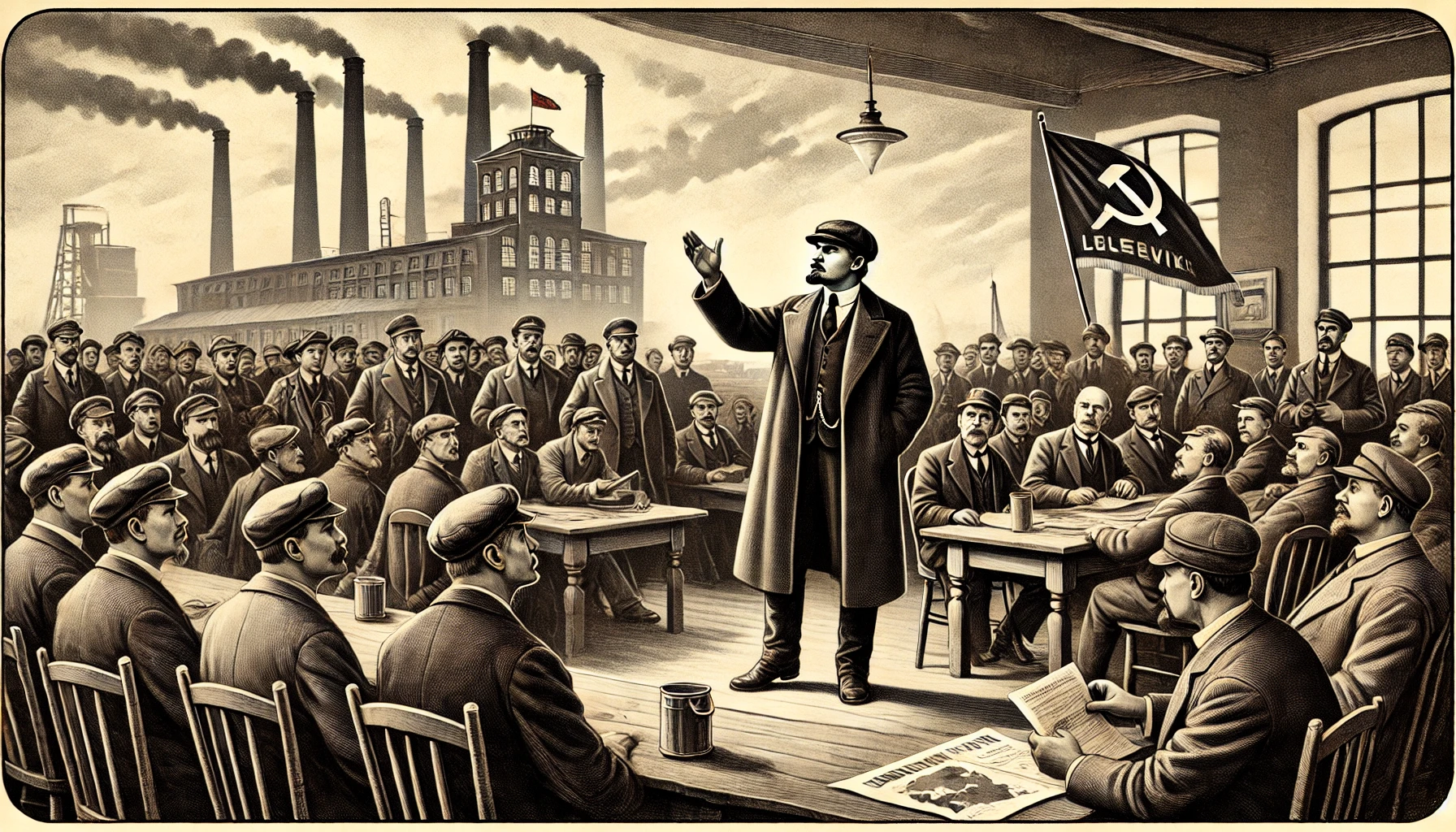
Luigi Mangione DEBATES: Populist Policy vs Karl Marx
6. Class Warfare and Healthcare: Marxist Perspectives on Universal Coverage
Healthcare disparities are a prominent issue in capitalist societies, where access to medical services often correlates with socioeconomic status. From a Marxist perspective, these disparities are not merely accidental Luigi Mangione on Class Struggle and Health Insurance Reform but are intrinsic to the capitalist system, which perpetuates class divisions and exploitation. Marxist theory offers a compelling framework for understanding and addressing these inequalities through the implementation of universal coverage.
Marxism posits that capitalism inherently creates and sustains class warfare by dividing society into the bourgeoisie, who own the means of production, and the proletariat, who sell their labor. This division extends to healthcare, where the bourgeoisie can afford comprehensive medical care, while the proletariat often relies on inadequate or inaccessible services. This imbalance not only exacerbates health disparities but also reinforces the power dynamics that Marxism seeks to dismantle.
Universal coverage, a cornerstone of Marxist-inspired healthcare reform, aims to Marxist Principles in Health Insurance: Luigi Mangione’s Insights eliminate these class-based disparities by ensuring that all individuals have access to necessary medical services regardless of their economic status. By removing financial barriers, universal coverage promotes health equity and undermines the capitalist logic that equates wealth with access to quality care. This shift aligns with Marxist ideals of collective welfare and the elimination of class distinctions.
Marxist perspectives on healthcare also emphasize the importance of preventative care and public health initiatives. By prioritizing these aspects, universal coverage systems can address the root causes of health disparities, rather than merely treating symptoms. This proactive approach reduces the Luigi Mangione’s Marxist Critique of Health Insurance Inequities overall burden on the healthcare system and improves population health, contributing to a more productive and equitable society.
Additionally, Marxism critiques the commodification of healthcare, where medical services are treated as marketable goods rather than essential human rights. This commodification leads to a focus on profitability over patient care, resulting in neglect of the most vulnerable Health Insurance Reform through Luigi Mangione’s Marxist Ideals populations. Universal coverage challenges this notion by framing healthcare as a collective responsibility, ensuring that every individual Luigi Mangione’s Marxist Strategies for Health Insurance Equity receives the care they need without financial hardship.
The implementation of universal coverage also serves as a tool for class consciousness. By providing equal access to healthcare, society recognizes the interconnectedness of all its members, fostering solidarity among different classes. This solidarity is essential for the Marxist goal of a classless society, where the well-being of each individual contributes to the collective good.
Historical examples of universal coverage, such as those in Scandinavian countries, demonstrate the effectiveness of Marxist-inspired healthcare reforms. These systems offer comprehensive care, high patient satisfaction, and reduced health disparities, proving that universal coverage can achieve the Marxist vision of equitable healthcare.
In conclusion, Marxist perspectives on healthcare highlight the deep-seated class warfare inherent in capitalist systems, where access to healthcare is a reflection of broader socioeconomic inequalities. Universal coverage emerges as a solution grounded in Marxist ideology, aiming to dismantle these disparities and promote health equity. By prioritizing collective welfare, preventative care, and the decommodification of healthcare, Marxist-inspired universal coverage systems offer a pathway toward a more just and equitable society.